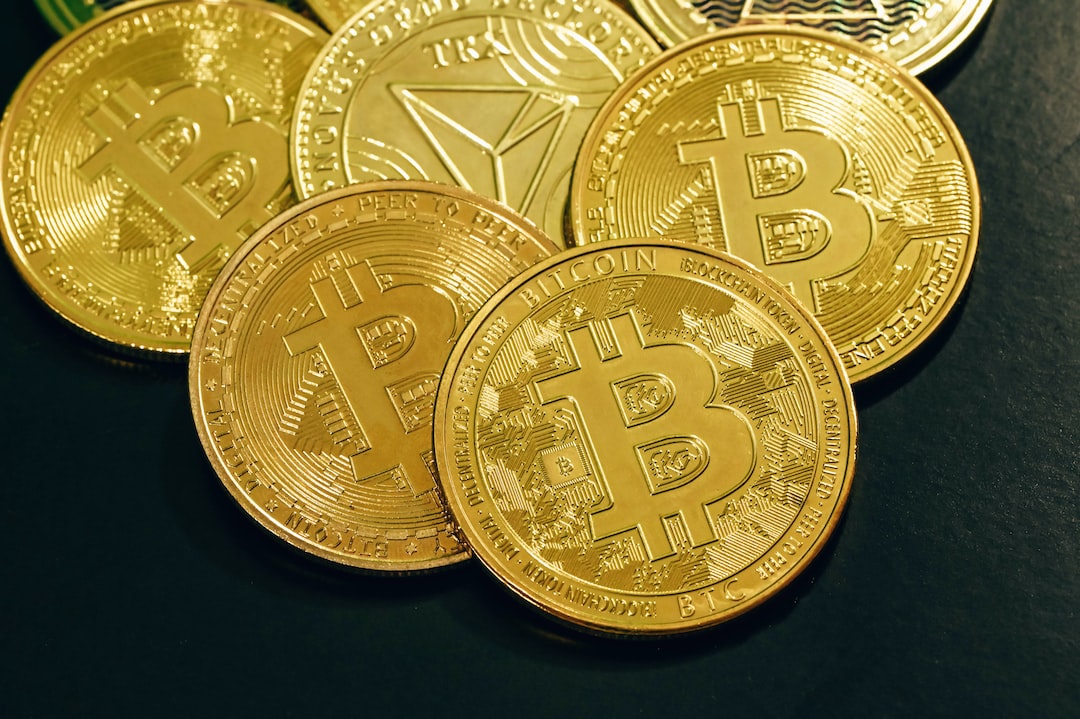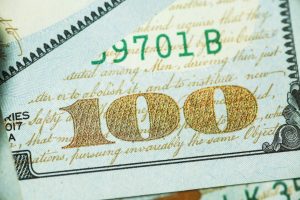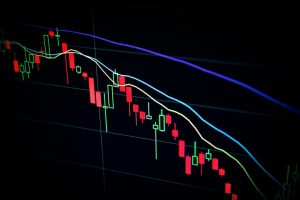Forex or foreign exchange is the largest financial market in the world, with over $5 trillion traded daily. Banks play a critical role in this market as they are the primary source of liquidity for forex traders. These banks act as market makers, providing bid and ask prices for currency pairs and facilitating trades between buyers and sellers.
Banks control forex through a network of electronic trading platforms, known as the interbank market. This is where banks trade with each other, and also where they provide liquidity to other market participants, such as hedge funds, institutional investors, and retail traders.
The interbank market is an exclusive club, accessible only to the largest financial institutions in the world. The main players in the interbank market are the major global banks such as JP Morgan, Citigroup, Deutsche Bank, and Barclays. These banks account for the majority of forex trading volume and are referred to as Tier 1 banks.
Tier 2 banks, which include smaller banks and regional banks, also participate in the forex market. They trade with Tier 1 banks in the interbank market and also provide liquidity to their own clients.
Banks control forex by setting the bid and ask prices for currency pairs. The bid price is the price at which a bank is willing to buy a currency, while the ask price is the price at which a bank is willing to sell a currency. The difference between the bid and ask price is known as the spread and represents the bank’s profit margin.
Banks also control forex by managing their own currency exposures. Banks have large foreign currency reserves, which they use to facilitate trades and manage their own risks. For example, if a bank has a large exposure to the US dollar, it may sell some of its US dollar holdings and buy other currencies to diversify its risk.
Banks also use forex trading to generate profits for their own accounts. They employ traders who specialize in forex trading and use a variety of trading strategies to generate returns. These strategies may include technical analysis, fundamental analysis, and algorithmic trading.
Banks also control forex through their regulatory and compliance functions. Banks are subject to strict regulatory requirements, including anti-money laundering (AML) and know-your-customer (KYC) regulations. They must also comply with regulations governing forex trading, such as the Dodd-Frank Act in the United States and the European Market Infrastructure Regulation (EMIR) in Europe.
In conclusion, banks play a critical role in the forex market and control it through their participation in the interbank market, setting bid and ask prices, managing their own currency exposures, generating profits for their own accounts, and complying with regulatory requirements. As the largest financial institutions in the world, banks provide liquidity to the market and facilitate trading for other market participants, making forex trading accessible to a wide range of investors.





